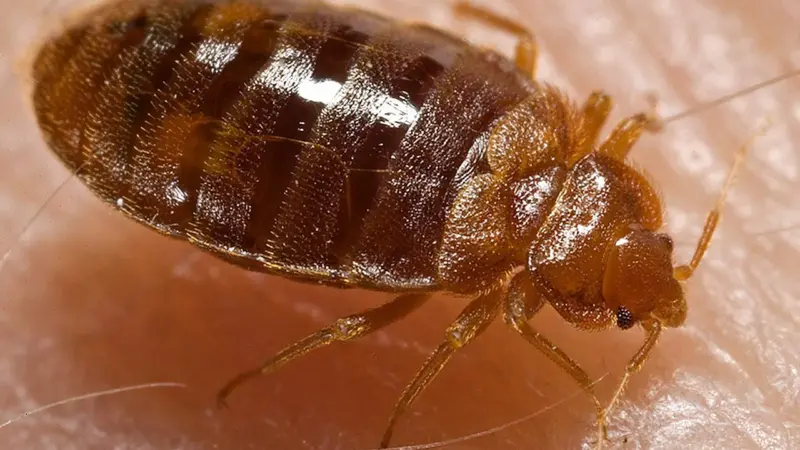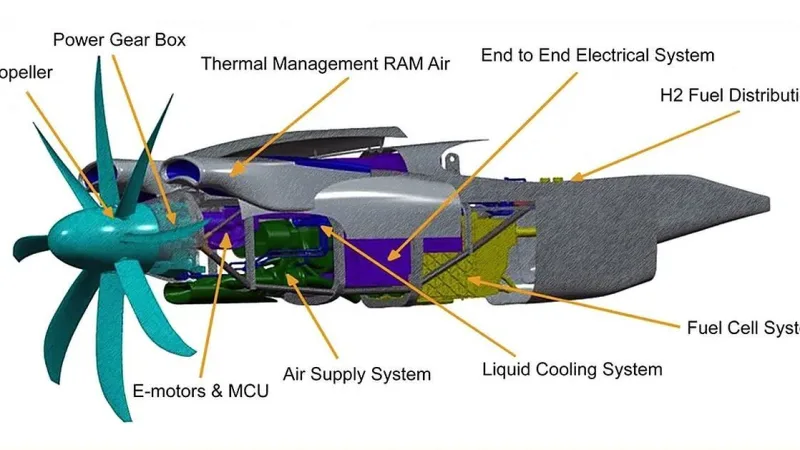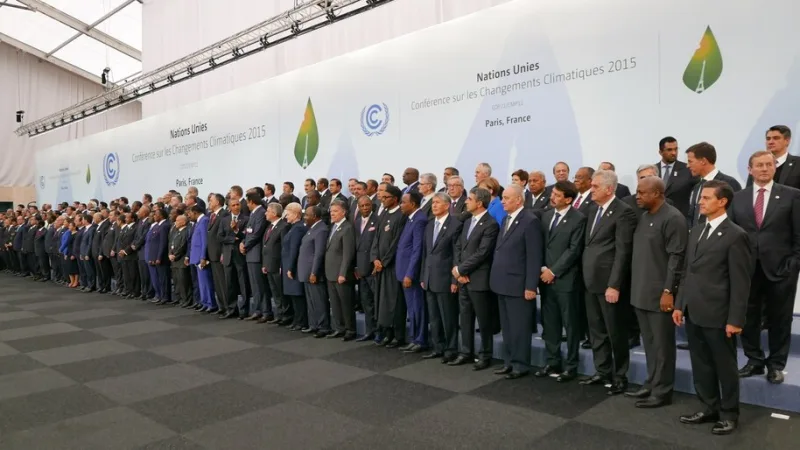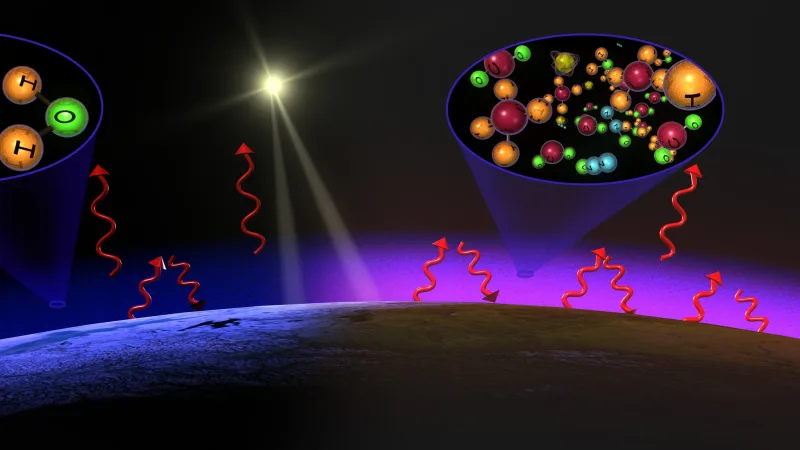The Looming Threat of the 6th Mass Extinction
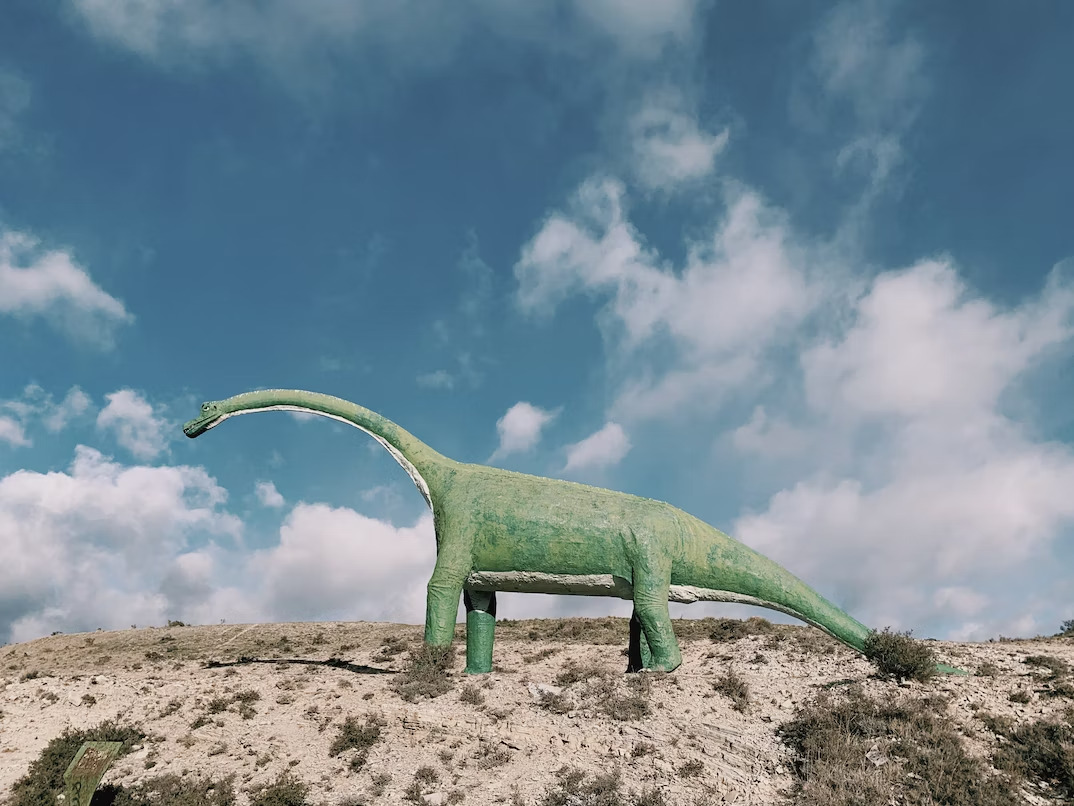
The 6th mass extinction may be approaching, and it’s worse than we ever imagined. For the first time in Earth’s 4.6-billion-year history, a single species is responsible for this unprecedented threat to biodiversity: us. A recent study published in Proceedings of the Royal Society B: Biological Sciences has concluded that this sixth extinction may be further along than expected due to “time-delayed biodiversity responses” that are not accounted for in environmental models.
Our Poor Environmental Choices are Leading to the 6th Mass Extinction
Humans have been making poor environmental choices for decades. Now, we’re starting to see the devastating consequences of those decisions. Smaller animals feel the effects within 13 years, while larger animals will experience population declines decades down the road—even if humans make radical changes tomorrow. Study found population trends explained by past temp. & land use changes, with increases & decreases expected for bird/mammal abundance up to 2050.
Even with radical land restoration efforts, population declines may still occur by 2030. Thanks to our past actions. This means that if we want to protect our planet’s biodiversity from further destruction, we must act now before it’s too late. We must take responsibility for our actions. We must commit ourselves to making sustainable choices that will help preserve our planet’s precious resources for future generations.
Urgent Action Needed!
Fortunately, this sixth mass extinction has one thing going for it that previous ones didn’t—us! We have the knowledge and power to understand the problem and take action to fix it. Even though we caused it in the first place. Major climate initiatives such as the Paris Climate Accords and UN’s “Peace Pact with Nature” are steps forward towards protecting Earth’s biodiversity. However, urgent action is needed from all nations across all ecosystems if we want to prevent further damage from occurring.
Time is running out faster than we thought. Zoologist Richard Cornford of Natural History Museum issued a warning. He said there isn’t much time left before 2050 to stop biodiversity loss if integrated ambitious actions aren’t taken soon. The effects of climate change are already being felt around the world. Rising sea levels, extreme weather events, and species extinction are becoming more common. It’s up to us now to act quickly and decisively if we want to save our planet from a catastrophic fate. Nobody wants to witness what happened during previous mass extinctions on Earth.
Taking Steps Towards a Greener Future
We must make changes in our daily lives that reduce our carbon footprint and support sustainable practices. This includes reducing energy consumption by using renewable sources of energy such as solar or wind power. Eating less meat, driving less often or taking public transportation when possible can make a huge difference. Additionally, recycling more often, planting trees for carbon sequestration and supporting local conservation efforts is also effective. Lastly, we must educate ourselves and others about environmental issues. By making these small changes in our lives today, we can help ensure a brighter future for generations to come.



